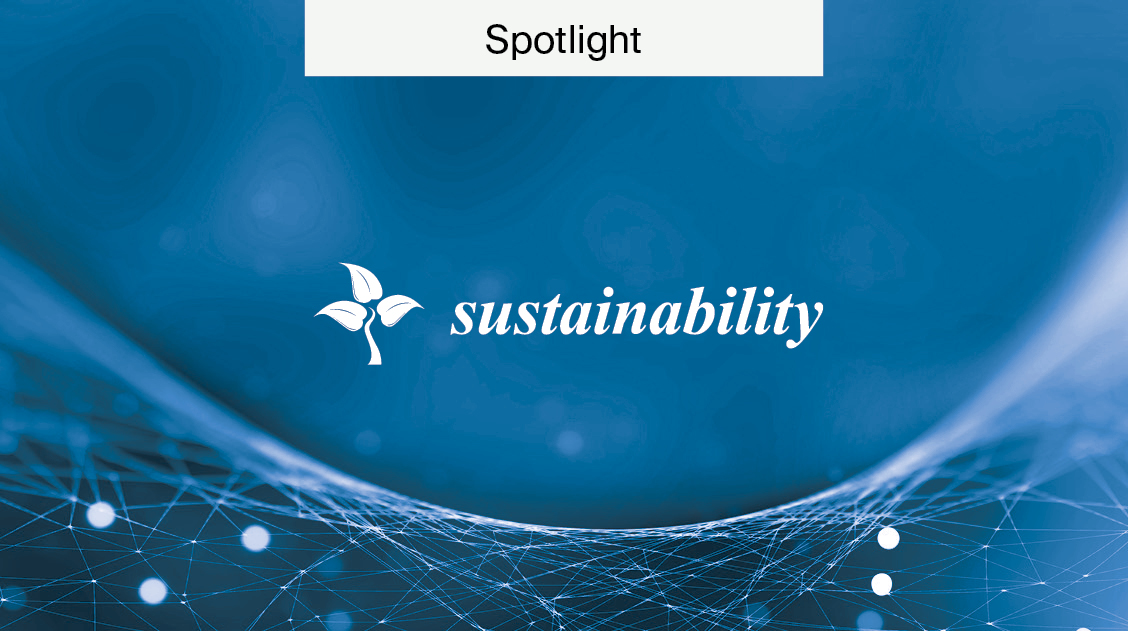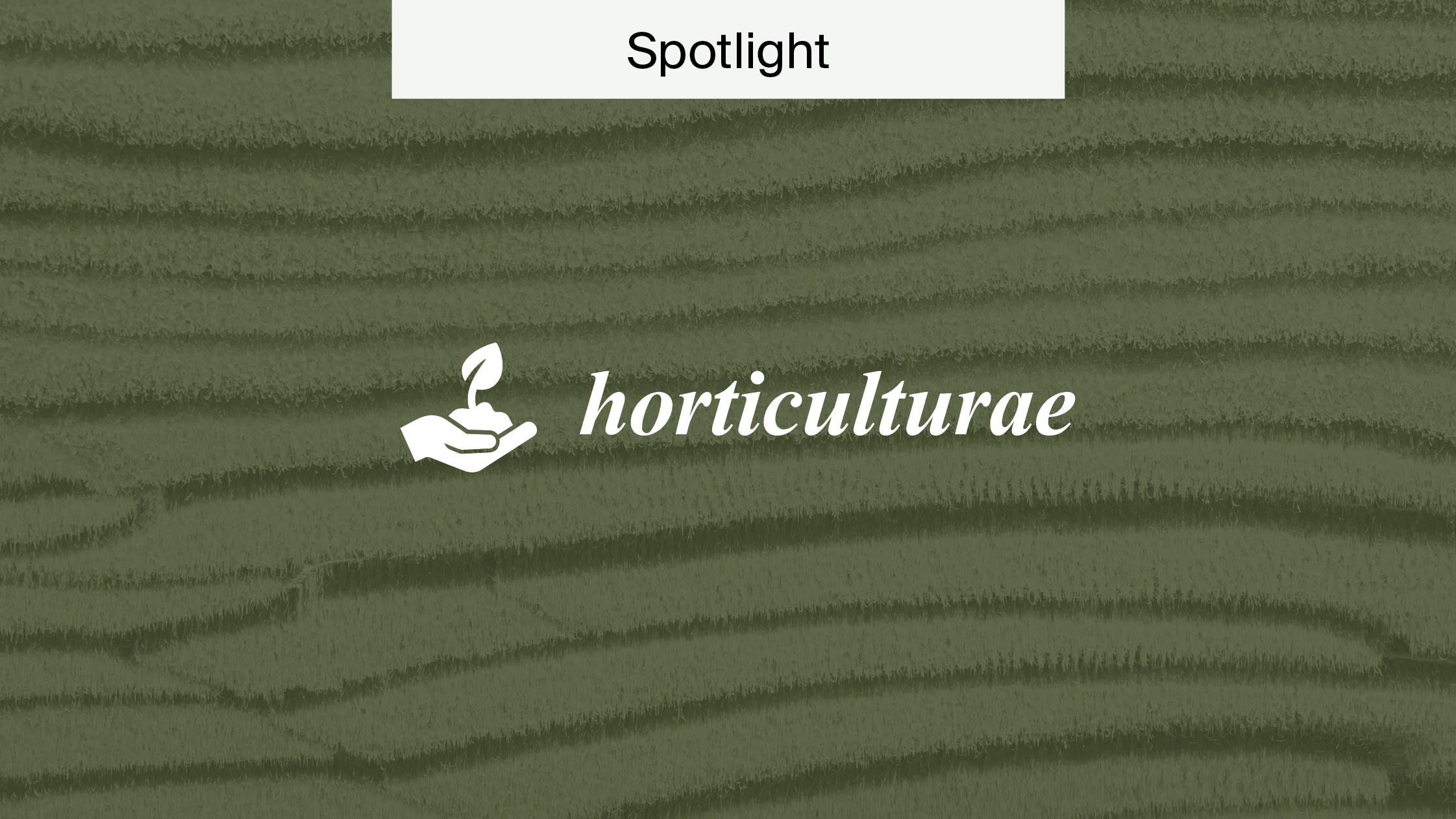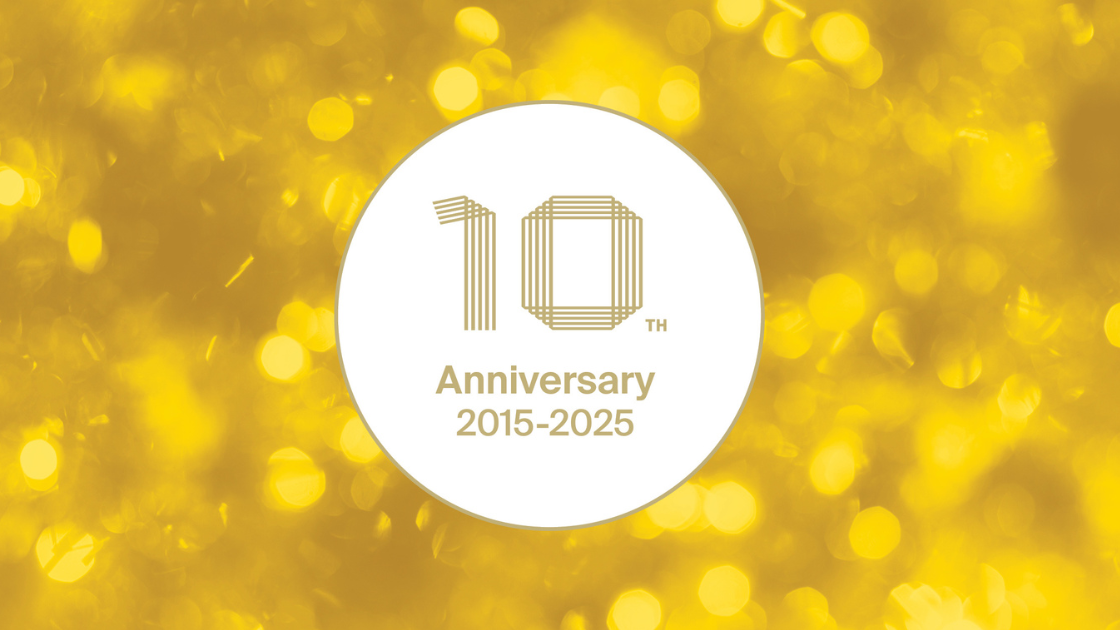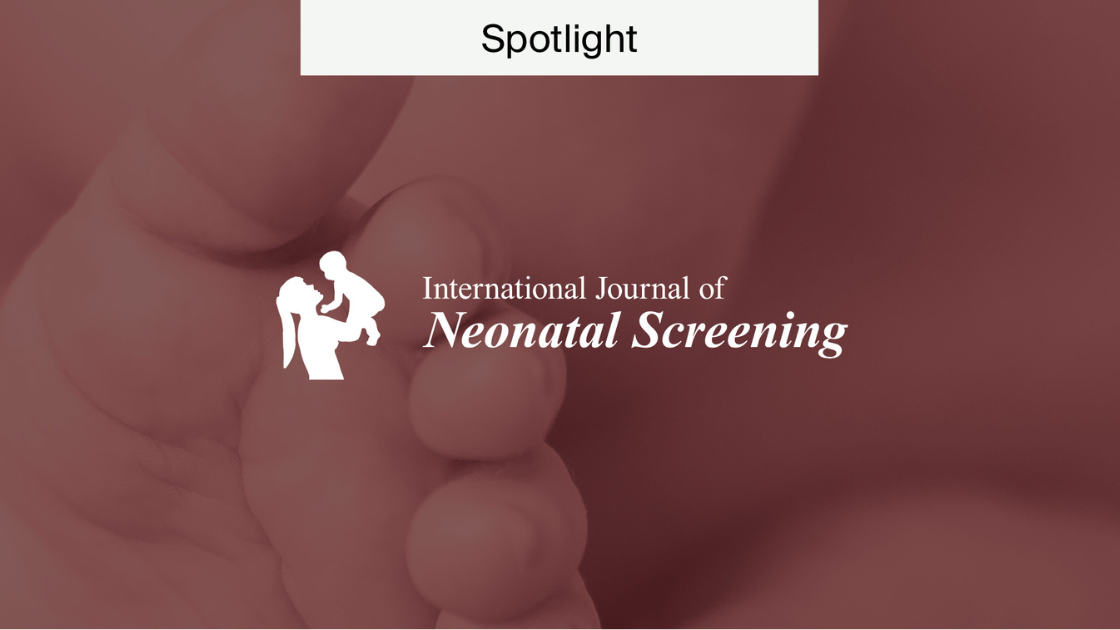
Spotlight on Sustainability
Sustainability is an interdisciplinary journal that publishes environmental, economic, technical, cultural, and social research. With its wide coverage of topics, this journal publishes cutting-edge research of high value for many areas of sustainable development. Here, we take a closer look at Sustainability.
Sustainability: a brief history
Sustainability was launched in 2009, releasing publications each quarter. A total of 83 articles were published in this year. Prof. Dr. Marc A. Rosen was appointed as its Editor-in-Chief and still holds this position today. By 2010, the publication schedule was changed to monthly releases, leading to its output more than doubling compared to the previous year.
By 2013, 10 sections had been established – including Sustainable Use of the Environment and Resources and Energy Sustainability – and the journal was indexed in Science Citation Index Expanded (SCIE) and Social Sciences Citation Index (SSCI). Later, in 2015, another section – Sustainable Chemistry –was introduced. This continued to grow to the 30 sections operating today. The same year, this journal received its first impact factor, 0.942. This grew progressively over the following years, with the current value being 3.889.
From its modest beginnings, Sustainability has now published over 63,259 articles. Over 17,000 of these have been cited 10 times or more, highlighting its growing importance in sustainable development research.
Some words on Sustainability
“I feel that Sustainability addresses one of the most compelling issue of our times: the sustainability of people and the civilizations they create, as well as other lifeforms. This makes the journal of great importance, as the need to share knowledge and information regarding this topic, as well as approaches and applications, is greatly needed.
The multidisciplinary nature of this field is reflected in the many areas and disciplines of the papers that have been submitted to the journal since its inception. The journal’s multi-disciplinarity certainly demonstrates that sustainability goes well beyond core environmental issues like climate change to include economic, social and other important dimensions.
I find the growth of the journal to be extraordinary, likely reflecting the rapidly growing interest in sustainability. The growth also provides me with a sense of optimism, as I believe it reflects a large and increasing number of researchers and practitioners who are dedicated to making the world more sustainable.”
- Quote from Prof. Dr. Marc A. Rosen
Want to learn more?
Sustainability aims to produce high-quality research on topics that are instrumental to our future – from air pollution and climate change to the ethical and philosophical aspects of sustainable development. Our goal is to provide rigorous peer review and enable the rapid publication of cutting-edge research to educate and inspire the scientific community worldwide. We encourage scientists to publish their experimental and theoretical results in as much detail as possible. And there is no restriction on the length of the papers. Full experimental details must be provided. This is so that results can be reproduced. If you want to learn more about MDPI’s open access policies, please visit our site for details.
Thinking of submitting your manuscript to Sustainability?
Manuscripts should be submitted online at susy.mdpi.com. The submitting author is generally the corresponding author and is responsible for the manuscript during the submission and peer-review process. To submit your manuscript, register and log in to the submission website. Once you have registered, click here to go to the submission form for Sustainability. All co-authors can see the manuscript details in the submission system. To do so, they must register and log in using the e-mail address provided during manuscript submission.
What’s next?
Sustainability is dedicated to researching and finding solutions for an array of sustainability-related challenges. This is not just for traditional sciences, but also social sciences and humanities as well. As such, its aim is to continue to support and work towards the 2030 Agenda for Sustainable Development (United Nations). This aims to eradicate poverty and support democracy worldwide.
With its wide-ranging topics, this journal is disseminating research in many different fields, covering all bases of sustainable development. Additionally, its impact factor continues to grow, showing its importance in sustainability research, from soil degradation to the circular economy.
If you’re interested in future conferences or submitting research to Sustainability, please visit their website.










